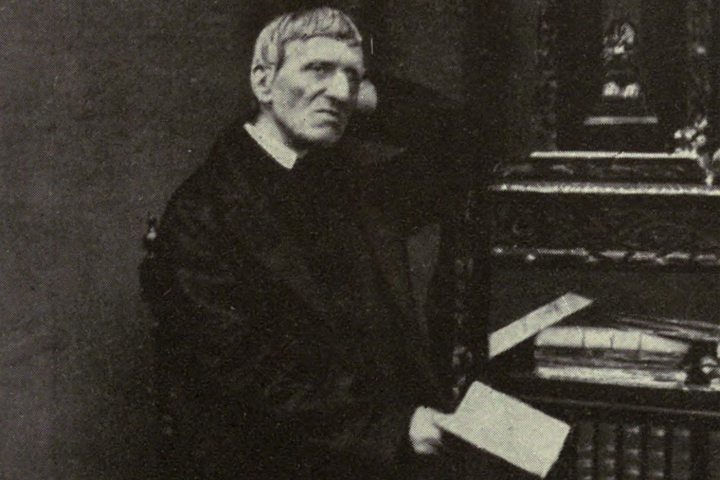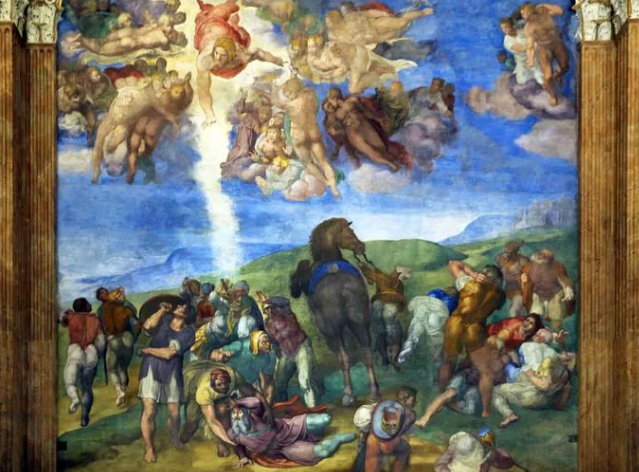U.S. Bishops to Meet Nov. 11-13 in Baltimore; Will Elect New USCCB President, Vice President, Committee Chairs, and Vote on Seven Action Items
November 11, 2019There’s No ‘Parental Right’ to Chemically Castrate a Child, by Jane Clark Scharl
November 11, 2019
By Thomas F. Farr, Public Discourse, Nov. 7, 2019
 In the 130 years since John Henry Newman’s death, few concepts have been more misunderstood and distorted than “conscience.” The danger is greater today than when the great saint wrote. The distorted view of conscience that Newman described as oriented to self and not to God has penetrated Western culture and religion. For many, the obligation to follow one’s conscience has been embraced, but fidelity to truth has been set aside. This untethered and counterfeit “freedom of conscience” has led to a widespread subjectivism that Newman saw emerging within modern European society, even in his own day.
In the 130 years since John Henry Newman’s death, few concepts have been more misunderstood and distorted than “conscience.” The danger is greater today than when the great saint wrote. The distorted view of conscience that Newman described as oriented to self and not to God has penetrated Western culture and religion. For many, the obligation to follow one’s conscience has been embraced, but fidelity to truth has been set aside. This untethered and counterfeit “freedom of conscience” has led to a widespread subjectivism that Newman saw emerging within modern European society, even in his own day.
John Henry Newman’s teachings provide a proper grounding for freedom of conscience and for the Catholic Church’s duty to defend the truth, both to its members and to society in general. In both of these ways, Newman prefigured the Church’s 1965 Declaration on Religious Freedom, Dignitatis Humanae. Together, Newman and Dignitatis can help us resist the erroneous notion of the free conscience pointed inward to self and isolated from God and nature. Instead, they teach that a truly free conscience is oriented toward God, who, more intimate to self and nature than anyone or anything, is the only guarantor of true freedom. Since Newman’s time, this error has damaged free societies and entered the Church itself. Following Newman and Dignitatis will permit us to defend true freedom of conscience, both within the Church, and for everyone, everywhere.
Newman writes that conscience is the voice of God: “[It] is a messenger from Him, who, both in nature and in grace, speaks to us behind a veil, and teaches and rules us by His representatives.” These are the Magisterium and the fundamental teachings of the Church on faith and morals as the path to true freedom and happiness in this life and the next. ….







